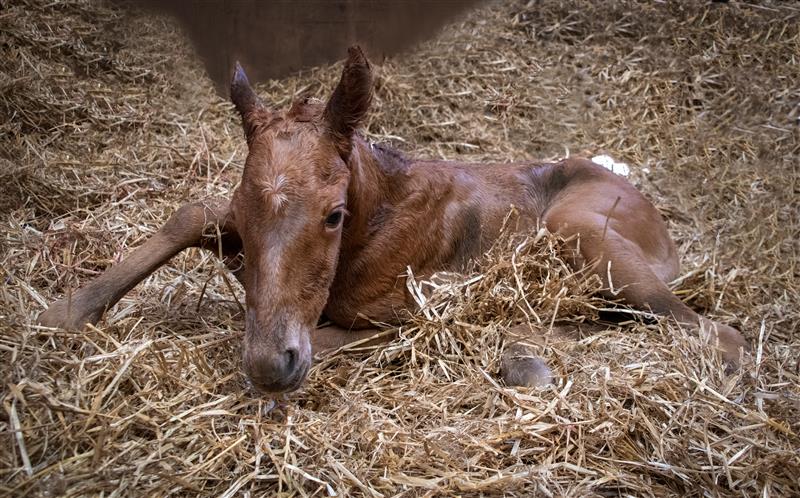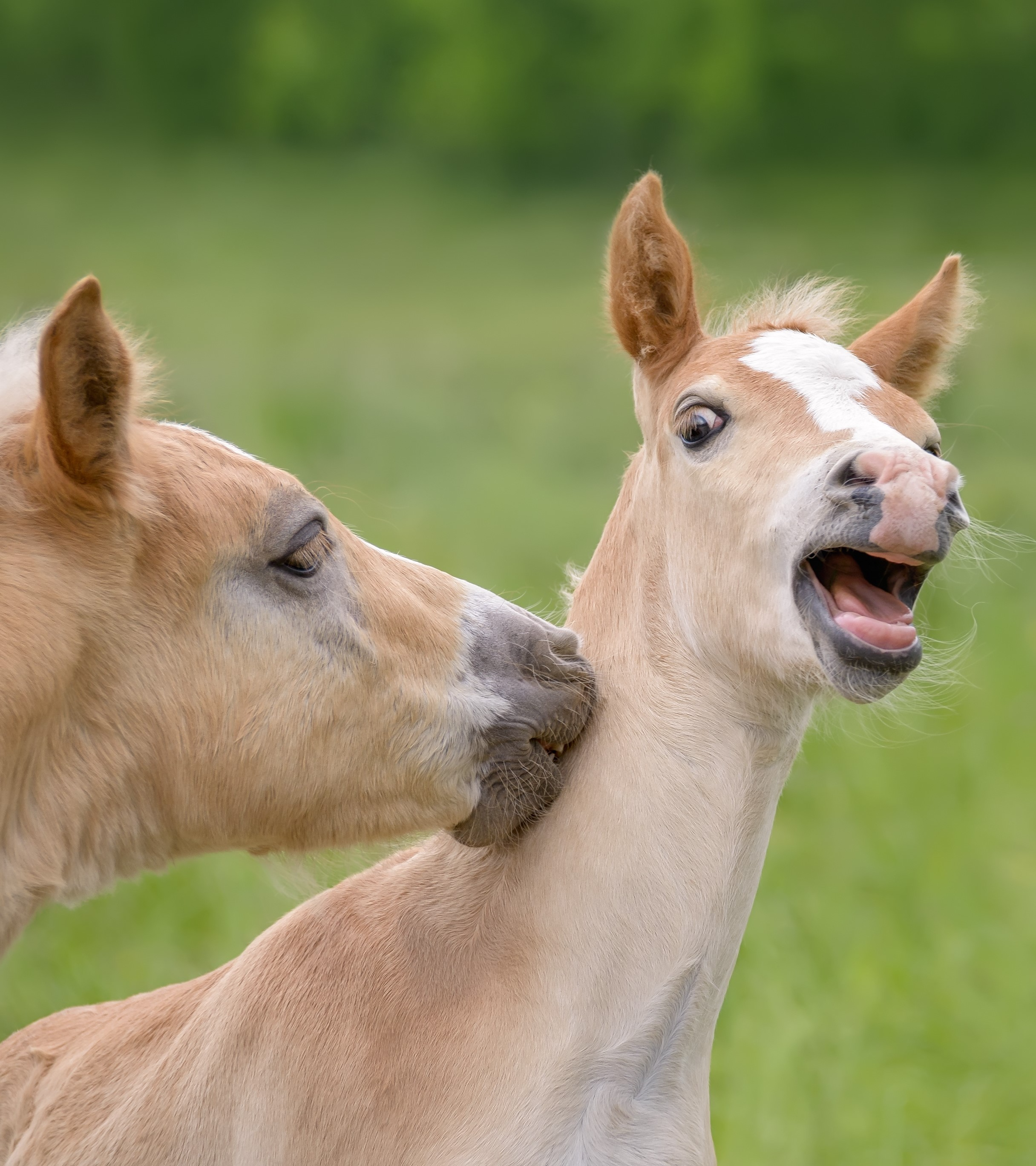
Is your foal getting what he needs to thrive?
It brings great joy to watching your foal progress from a leggy, awkward baby to your next prospect. You go to lengths to make sure that your foal has best start to life that he can. A healthy foal is a thriving, happy foal and, in order to ensure a foal develops correctly, proper nutrition is essential.
Foal Nutrition
A proper diet for your mare is important throughout pregnancy to ensure that the foal is receiving proper nourishment in utero. By optimizing nutritional support you can avoid deficiencies or excesses of vitamins and minerals. Many choose to focus nutritional efforts on the last trimester, but this doesn't allow enough time to correct problems that may be lurking which may impact the health and growth of the foal.
The most significant period of growth for the fetus is the third trimester of the pregnancy and mares typically require 10-20% more energy to ensure proper development. During this time, your mare’s weight should increase to in relation to the birth weight of the foal - usually about 8-11%. It is important to keep in mind that energy and nutritional requirements will vary by the individual.
The best way to determine your mare’s nutritional needs is to consult an equine nutritionist or veterinarian. They will be able to evaluate your mare and determine the ideal diet and any supplemental needs.
Post Foaling

It is imperative that your foal receive quality colostrum within the first 24 hours after birth though, ideally, this would take place during the first 12 hours. Because there is a limited time period for optimal absorption, the time frame is very important. Colostrum provides a platform for much-needed immunity and can translate to a healthy horse overall.
Your foal should be standing, nursing and sleeping at frequent intervals throughout the first 24 hours. If possible, have your vet scheduled to evaluate the health of both mare and foal within a day of foaling. This can help immensely with early detection of issues and provide guidance to keeping mom and baby happy and healthy through the coming months.
First 8-10 Weeks
During the first months of life, your foal obtains almost all their energy and nutrition from the mare’s milk. Introducing a creep feeder during this time can be helpful so that the foal can supplement their diet with a vitamin and mineral rich food source as the mare’s milk quality peaks and declines.
Products like Steadfast Equine Growth and Citrus C/Q can be excellent creep feeder additions. Steadfast Equine Growth provides a quality source of double-chelated minerals to support proper development and growth of the body's tendons, ligaments and bones. Citrus C/Q is an herbal supplement that supports the upper respiratory and cardiovascular systems in foals.
Your growing foal can actually grow too quickly which can lead to joint and tissue damage. By carefully monitoring, adjusting diets and managing exercise, you can help ensure your foal is developing optimally.
 Weaning
Weaning
This process usually takes place between 6 to 9 months of age, but can begin as early as 3 months. There are many weaning options and the method you choose will depend on your individual circumstances.
Most agree that the best options for weaning must take into account the foals body condition and health at time of weaning. If these are not optimal, then weaning should be postponed. This article provides helpful information to help you with weaning protocols.
Overall, reducing stress during and after pregnancy for your mare and foal is the key to a healthy, happy and productive future for your foal. Working with a veterinarian, nutritionist, and other professionals will help to ease your stress and the stress of your mare and foal at hand. Raising a foal is an incredibly rewarding experience and, with the proper tools, your happy, healthy foal will mature into a happy, healthy horse!

